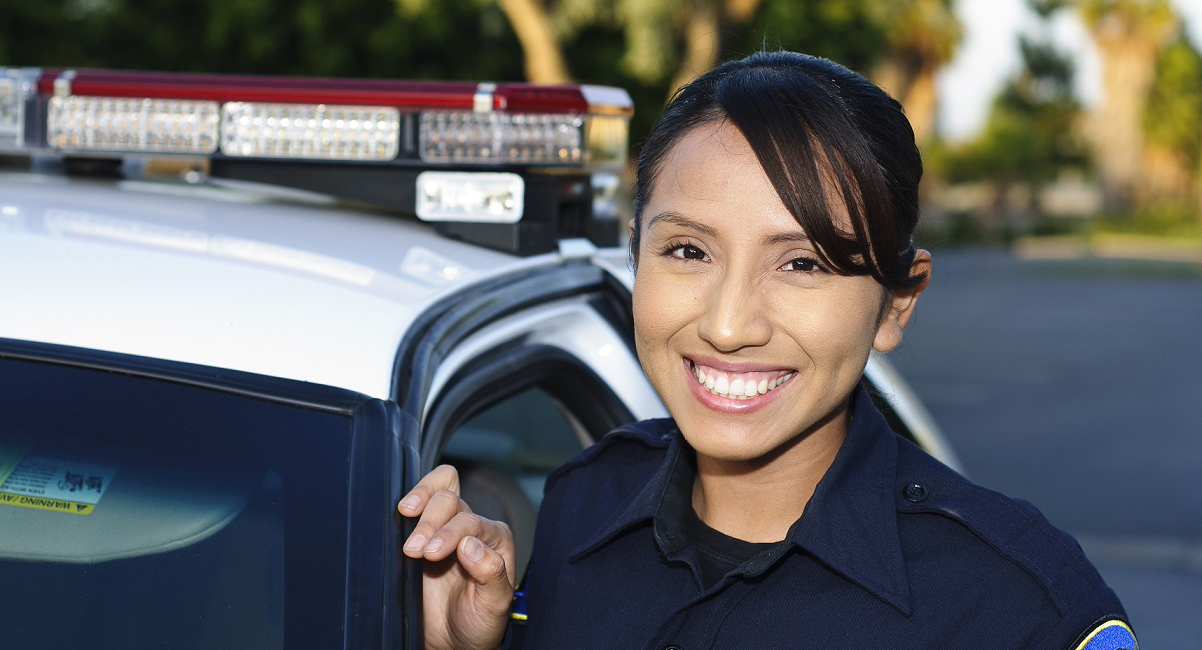Law Enforcement/SHSO Interactions Toolkit
GHSA has developed a toolkit of resources to help State Highway Safety Offices (SHSOs) strengthen partnerships with law enforcement agencies in their state around the issue of traffic safety. The toolkit was developed under a contract with the National Highway Traffic Safety Administration (NHTSA) to enhance and support law enforcement and highway safety office interactions.
Self-Assessment Tool: SHSO executives can use this tool to review their law enforcement outreach and engagement activities and develop plans to strengthen these relationships.
Download
LEL Model Position Description: SHSOs seeking to hire an LEL can use this template to draft and develop position descriptions that attract qualified candidates.
Download
Customizable PowerPoint Presentation: This set of presentation slides is a flexible, modular template that SHSO executives can adapt and use for presentations to a variety of law enforcement audiences.
Download
PowerPoint Companion Guide (GHSA State Members only): The companion guide for the PowerPoint presentation is written for SHSO executives and includes customization instructions, background information, talking points and discussion topics.
Download the PowerPoint Companion Guide (requires GHSA State Member login)
Law Enforcement Liaison Case Studies: GHSA has developed a set of case studies that examine effective state Law Enforcement Liaison programs and their relationship with SHSOs.
Download the Idaho LEL Case Study
Download the Washington State LEL Case Study
National Law Enforcement Organizations:
National Law Enforcement Liaison Program
Law Enforcement Liaisons (LELs) serve as vital links and conduits between State Highway Safety Offices (SHSOs) and a state’s law enforcement community. The National Law Enforcement Liaison Program (NLELP) was created by the National Highway Traffic Safety Administration (NHTSA) and GHSA to enhance the work of LELs across the country. This program was funded by NHTSA under a contract in recognition of the effectiveness of LEL activities in reducing crashes across the country.
The purpose of the program was to strengthen communications between LELs, ensure greater coordination of LEL activities nationwide, create and support LEL training and guidance workshops to increase the knowledge and skills of LELs, and provide technical assistance. NLELP was designed to fortify the work of a proven network of highway safety professionals with enhanced communications tools; updated training; sharing of best practices; exchanging information on new research, policies and programs; and highlighting successes.
NLELP provided a wealth of resources to LELs, including in-person trainings, newsletters and weekly news updates, webinars, information on funding opportunities, and a listserv of more than 200 LELs nationwide. The program was offered from 2012 to 2022.
Law Enforcement Partnerships and Resources
Together, GHSA and NLELP collaborated with national law enforcement organizations such as the International Association of Chiefs of Police, National Sheriffs' Association and National Organization of Black Law Enforcement Executives, encouraging these groups and their members to prioritize traffic safety and engage in activities as the state and local levels. The IACP coordinates the Drug Evaluation and Classification Program (DECP), which trains law enforcement officers as certified drug recognition experts (DREs) to detect impairment in drivers under the influence of drugs other than, or in addition to, alcohol.
GHSA also works with the Foundation for Advancing Alcohol Responsibility (Responsibility.org) to help law enforcement combat the issue of drugged driving. GHSA and Responsibility.org sponsor a grant program to support states as they train law enforcement officers to recognize drug-impaired drivers. As drug-impaired driving continues to be a nationwide problem, this partnership helps ensure that law enforcement agencies have all the tools available to them to identify these drivers. Learn more about the partnership here.
GHSA partners with Check To Protect to help states and law enforcement spread awareness of vehicle recalls. Check To Protect has developed toolkits for SHSOs to share with law enforcement agencies in their state so that officers can help educate vehicle owners in their community about the importance of checking for recalls. Learn more about the partnership here.
GHSA is committed, through leadership, culture change, training and accountability, to advance reforms that help achieve racial justice and equity for all road users. To support this mission, GHSA released two reports covering the subject of equity. An Analysis of Traffic Fatalities by Race and Ethnicity analyzes data from 2015-2019 and finds that traffic crash fatalities disproportionately affect Black, Indigenous and People of Color (BIPOC). Equity in Highway Safety Enforcement and Engagement Programs includes ten recommendations developed by consulting firm Kimley-Horn for the association, SHSOs and their partners, and the traffic safety community to support more equitable outcomes for BIPOC. Learn more about GHSA's commitment to equity here.

